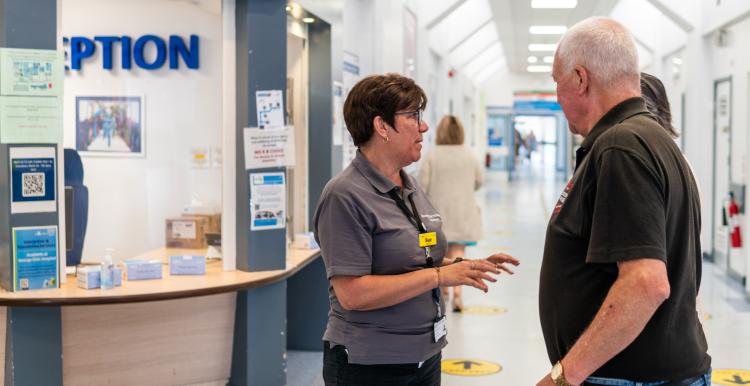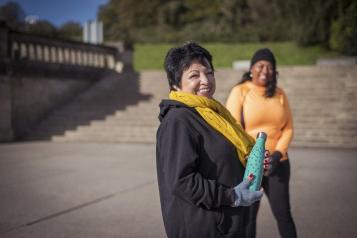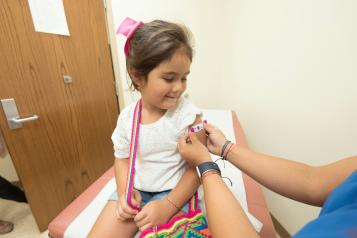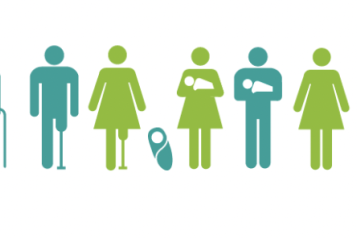Winter vaccinations and winter health: what can I do to keep safe this winter?

Who should have the flu vaccine?
You can get both the NHS flu and COVID-19 vaccines if you:
- are aged 65 or over
- have certain health conditions
- are pregnant
- live in a care home for older adults
Other care home residents, carers and people who live with someone who has a weakened immune system can get the flu vaccine.
Children aged 2 or 3 years and school-aged children (Reception to Year 11) can get the children's flu vaccine.
Frontline health and social care workers can also get flu and COVID-19 vaccines.
How to get the flu vaccine
If you're eligible for an NHS flu vaccine, you can:
- Until 19 December, book winter vaccinations online or via NHS 119
- From 20 December, visit a COVID-19 walk-in vaccination site or contact your pharmacy to find out if they are offering the flu vaccine.
Who should have the COVID-19 vaccine?
- are aged 65 or over
- are pregnant
- are aged 6 months to 64 years and have an increased risk of getting seriously ill from COVID-19 because of a health condition or treatment
- live in a care home for older adults
- are a frontline health or social care worker
How to get the COVID-19 vaccine
If you're eligible for the winter COVID-19 vaccine, you can:
- book a COVID-19 vaccination appointment online or in the NHS App – you need to book your vaccination before 20 December 2024
- go to a walk-in COVID-19 vaccination site
You can call 119 free of charge to book over the phone if you cannot book online. It's open Monday to Friday, 8am to 8pm.
Some people may be able to get vaccinated through a local service, such as a community pharmacy or your GP surgery, or a care home if they live in a care home.
You do not need to wait for an invitation before booking an appointment.
Other vaccinations
You may also be eligible for other vaccinations, including the:
- pneumococcal vaccine (if you're aged 65 or over)
- RSV vaccine (if you're pregnant or aged 75 to 79 – if you turned 80 on or after 1 September 2024, you're also eligible for the vaccine until 31 August 2025)
These vaccinations help protect against serious illnesses that are more common in the winter, including pneumonia.
Who's most at risk from cold weather?
Some people are more vulnerable to the effects of cold weather. This includes:
- people aged 65 and older
- babies and children under the age of 5
- people on a low income
- people who have a long-term health condition
- people with a disability
- pregnant women
- people who have a mental health condition
Get advice if you feel unwell
If you're 65 or over, or in one of the other at-risk groups, it's important to get medical help as soon as you feel unwell.
You can get help and advice from:
- a pharmacy – pharmacists can give treatment advice for a range of minor illnesses and can tell you if you need to see a doctor
- your GP – you may be able to speak to a GP online or over the phone, or go in for an appointment if they think you need to
- NHS 111 – go to 111.nhs.uk or call 111 if you have an urgent medical problem and you are not sure what to do
The sooner you get advice, the sooner you're likely to get better.
In an emergency, go to A&E immediately or call 999.
Original article published on: Winter vaccinations and winter health - NHS


